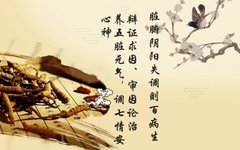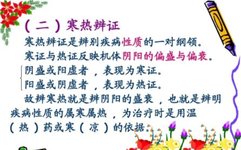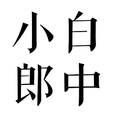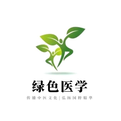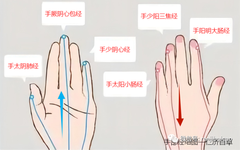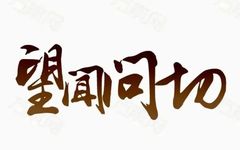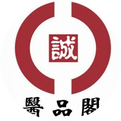Understanding the Concept of Yin and Yang in Tai Chi: Practicing True Skills
The concept of “Yin and Yang” in Tai Chi is a crucial element in the practice of Tai Chi: all movements revolve around the body’s center of gravity, continuously adjusting through flexion and extension, and the transformation of “Yin and Yang” to maintain a state of balance—true equilibrium—ensuring one remains invincible! Many practitioners of Tai … Read more


